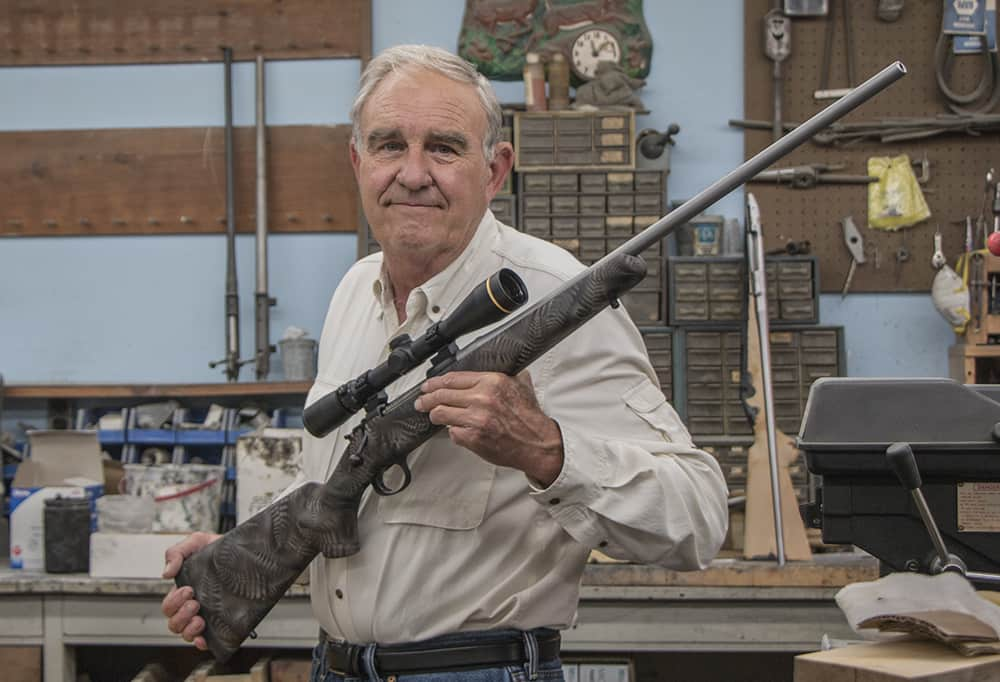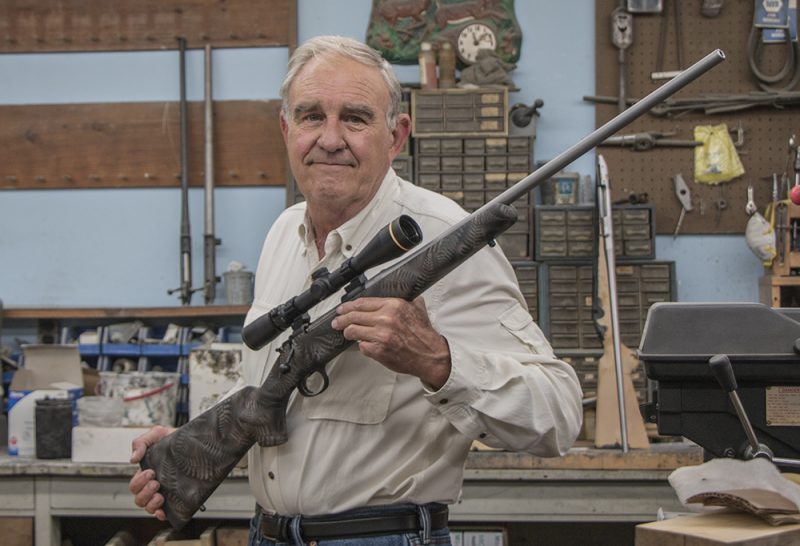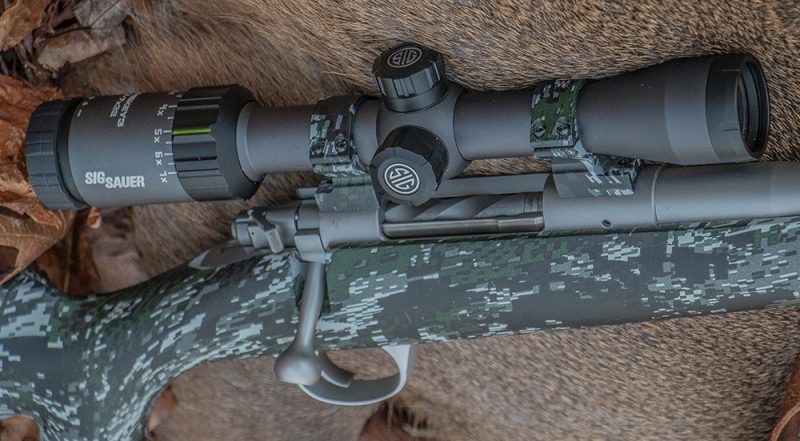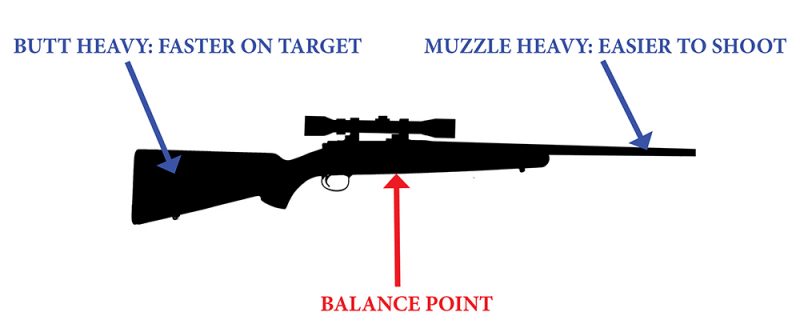Breaking the Lightweight Rifle Myth
Richard Mann 05.01.17

The world did not think about lightweight rifles much until 1985. Prior to that, a light rifle was a carbine, mostly a rifle that had been shortened. These reduced rifles gained a reputation for being hard to shoot, and ever since, lightweight rifles have been considered inaccurate. Some old wives tales never die.

Though there were some forays into the world of light rifles, the revolution really began in 1985 when a West Virginia gunsmith – Melvin Forbes of New Ultra Light Arms – showed up at the SHOT Show with a bolt-action rifle, suitable for 308 Winchester sized cartridges, that weighed less than 5 pounds. Not only were these rifles light, they would shoot. The rest, as the old clichés goes, is history.

Ever since then, almost every manufacture has attempted to offer a lightweight bolt-action rifle. Most, as in the past, followed the old blueprint of making their existing rifles shorter. Some, begged, borrowed or stole technology from New Ultra Light Arms and created their own. Because of these ill-gotten attempts, the misconception that light rifles are harder to shoot still exists.

The truth is, rifle weight has very little to do with how hard or easy a rifle is to shoot. When it comes to shooting a rifle off-hand, the key is not weight, it’s balance. Rifles that are butt heavy – with more weight toward the butt stock end – tend to be fast-handling rifles, but they can be troublesome to shoot accurately off-hand. A rifle that is muzzle heavy is easier to shot off-hand because the weight out at the muzzle seems to make the rifle want to hang on target.
Forbes knew this, and that’s why he was so successful at staring the light rifle phenomena that exists to this day. He built rifles that balanced right between your hands, right where they were supposed to. Because of this balance, they were quick to get on target and easy to hold there.

Incidentally, about the same time Forbes starting building perfectly balanced lightweight rifles, Gunsite founder Jeff Cooper started preaching the virtues of a rifle that, with the scope and sling attached, weighed less than 7 pounds. He, like the great gunwriter Townsend Whelen, felt a man could go farther and be in better condition to shoot when he got there, if his rifle was light. Thus, the Scout Rifle enigma was born.

Today, manufactures are starting to realize the key to a lightweight rifle is balance, and more suitable options are available. But make no mistake about it, had it not been for Melvin Forbes, New Ultra Light Arms, and Jeff Cooper, our rifles might still be heavy, and those that are light might not be balanced at all.

